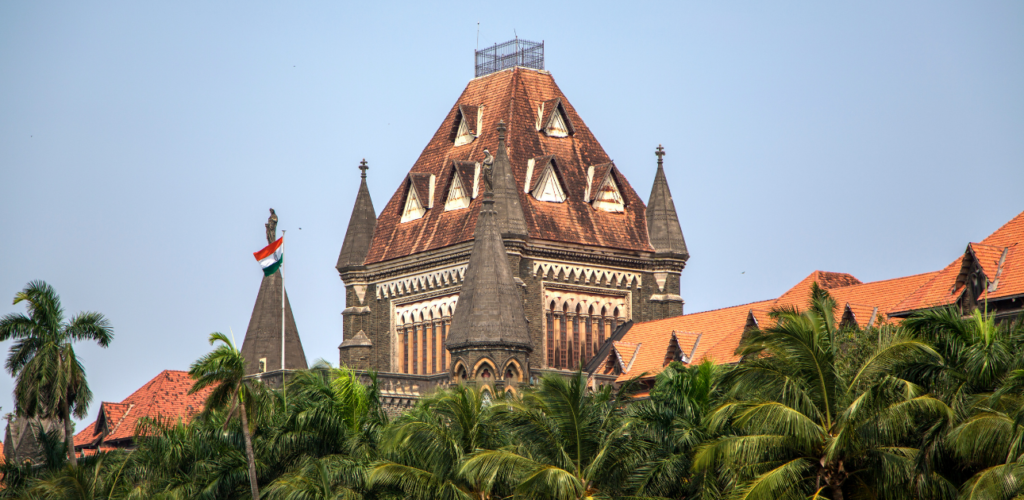Nithyakalyani Narayanan. V
The Bombay High Court held that applications under Section 29A of the Arbitration Act to extend the time to complete the arbitration beyond the statutory limit can be entertained even after such period has expired. According to the Section, an arbitration award has to be made no later than twelve months (with the option to extend by an additional six months) from the day the pleadings were completed. A jurisdictional court may further extend the arbitral tribunal’s mandate under Section 29A (4) before or after the eighteen-month period outlined in Section 29A (1) and (3) of the Act.
The Court noted that if courts are unable to exercise their authority to prolong the arbitrator’s mandate under Section 29(4) once the designated period has passed, the purpose of Section 29A will be rendered ineffective – “This Court finds that the purpose for which Section 29A was introduced in the aforesaid Act would be defeated, if it is to be held that the Court could exercise power to extend the mandate of the learned Arbitrator even after expiry of the extended period only if the application or petition for extension of mandate is filed prior to expiry of such mandate. There is nothing in the provision to indicate that if such an application or petition is not filed before the expiry of the mandate of the learned Arbitrator, the Court would be rendered powerless to exercise its authority.”
Justice Manish Pitale reasoned that no purpose would be served by holding that a Section 29A application to extend the mandate of the arbitrator cannot be filed after the mandate has expired- “Any apprehension regarding inordinate and unexplained delay on the part of the party approaching the Court can be addressed by holding that the Court would extend the mandate only when it is satisfied that sufficient grounds are made out for granting an extension of mandate of the learned Arbitrator”.
Nikhil Malkan, the petitioner, requested an extension of the arbitrator’s mandate, which was set to expire in August 2023. It was argued that the mandate had already ended in February 2023. However, the mandate had been extended by the parties for an additional six months. The arbitration process was in its last hearing stage by August 2023, when the six-month extension ran out. Starting on September 11, the last hearing took place. The respondents objected that the arbitrator’s mandate had expired when the proceedings reached the response argument stage. Aggrieved by the objection, Malkan approached the High Court to ask for an extension of the mandate that had run out.
Referencing two decisions from the Calcutta High Court and a division bench ruling from the Patna High Court, the respondent contested the application. These rulings demonstrated that, even in cases where courts continued to have the authority to prolong the arbitrator’s mandate beyond the time frame specified, a request for such an extension had to be submitted before the extended time frame ended.
Justice Pitale dismissed the arguments made by the respondent. The Court observed that this case’s arbitration proceedings were essentially at their conclusion. Justice Pitale concluded that there were sufficient reasons to request a further extension of the arbitrator’s mandate. The term was thus extended till March 31, 2024.
Advocates Firoz Bharucha and Abhhishek Bhaduri represented Malkan and Advocates SM Algaus, Murtaza Kachwalla and Palash Moolchandani, briefed by Argus Partners, represented SCIL.
Name of the case: Nikhil Malkan & Ors v. Standard Chartered Investment and Loans (India) Ltd
Bench: Justice Manish Pitale

